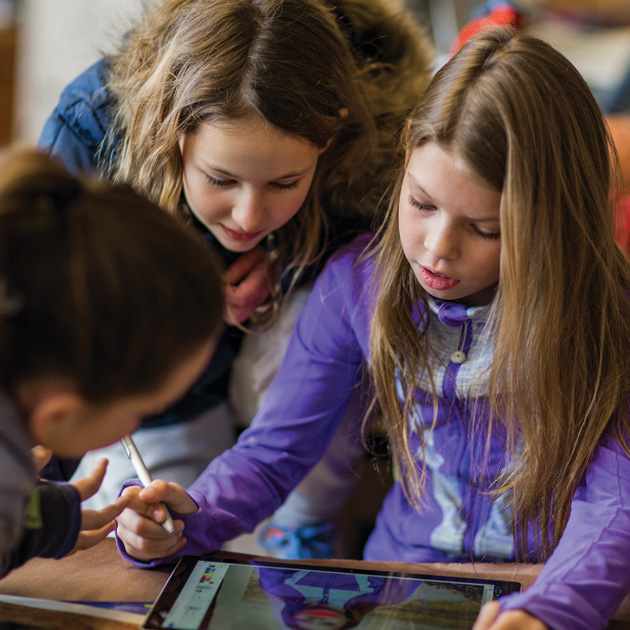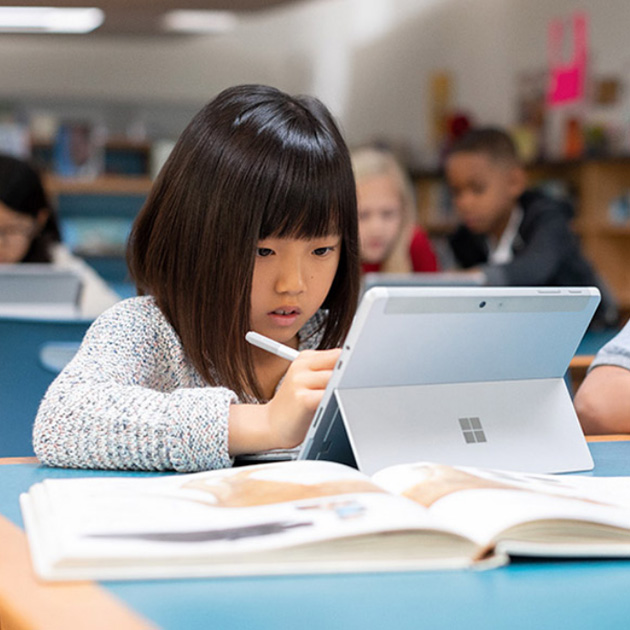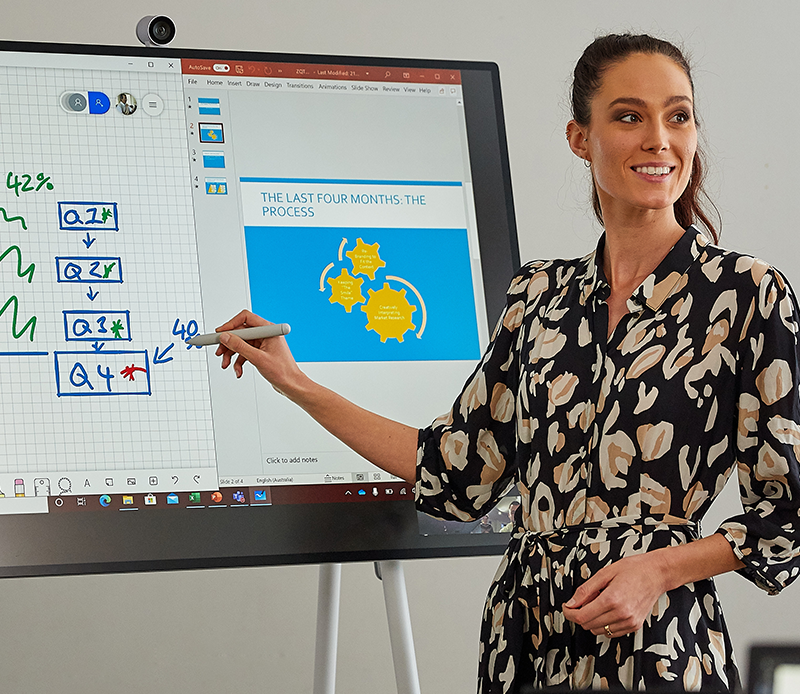
Australian Schools: after the pivot
Redesigning the classroom for the future of hybrid learning.

Evaluate
Microsoft is here to help your organisation evaluate your current environment and get an objective view of your response to the shift to virtual learning. Take stock of your digital tools and technologies to discover the way forward.
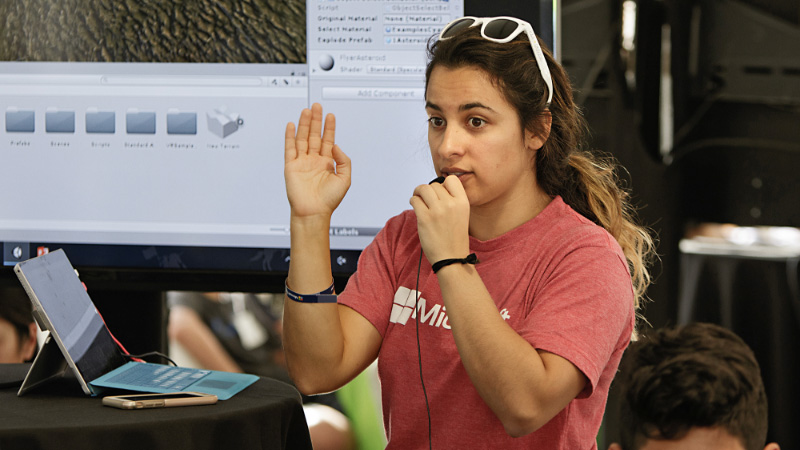
Experience
Practical advice, proven approaches. Take a deep dive into Microsoft Surface & Education solutions and hear from teachers, IT and school leaders about how we all can deliver better outcomes for schools and students.
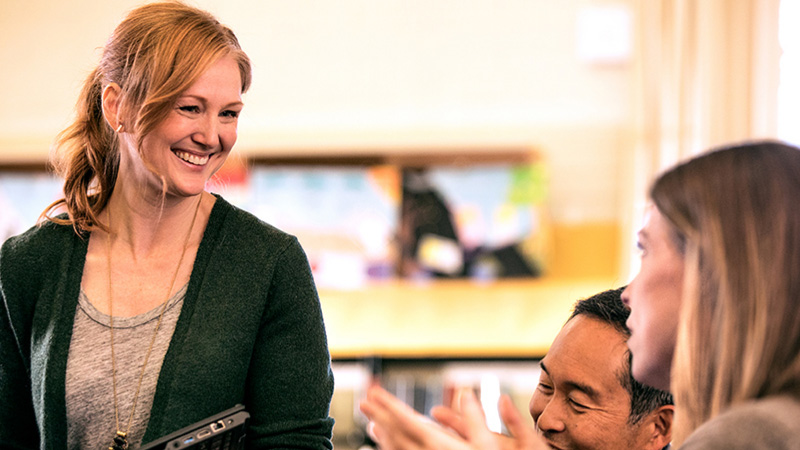
Accelerate
Our global expertise and local partner network ensure we’re also well-placed to help you continuously accelerate the way you deliver educational outcomes.

Surface Book 3
Our most powerful laptop offers versatility in 13.5" and 15" sizes.

Surface Go 2
Our lightest 2-in-1 has a larger display in a compact size.

Surface Laptop 3
The perfect everyday laptop comes in 2 sizes: 13.5" and 15".

Surface Laptop Go
Our lightest Surface Laptop at 1.1kg.

Surface Pro 7
Powerful, ultralight versatility in our classic 2-in-1.
Evaluate: Let’s take stock
The onset of major global disruption pushed educators everywhere into what could best be described as ‘a digital scramble’.
Every last teacher worked tirelessly to pivot as quickly and as effectively as possible to meet the educational, social and support needs of their students. Every school leader became acutely aware of the need to also meet the expectations of parents and the investments they’re making in their children's education.
While the shift has largely been completed, every school and classroom fared a little differently. Discover where your organisation is sitting on the curve – and how to move forward.
Beyond the crisis: Navigating a digital future for Australian schools
This exclusive Evaluation guide is purpose built to help Australian educators assess their digital landscape.

Choose the scenario that best describes your journey to date:
-
Scenario 1: Device Disparity
In the rapid shift to remote learning and digital classrooms, many educators discovered that technology became the new ‘lowest common denominator’. This immediately restricted the functionality, security and adaptability of the various environments teachers were able to deliver within.
What to do now:
1. Audit your technology landscape.
2. Understand the limitations of your devices.
3. Prioritise key actions to improve management and learning.
Where to get started: -
Scenario 2: Manual Processes
From logging on to checking up, many IT departments were quickly forced into an endless game of ‘tech support catch up’ as outdated manual processes and a lack of remote management tools served to slow response times and also open up security risks.
What to do now:
1. Audit your bottlenecks and risks.
2. Understand the limitations and risks of your infrastructure.
3. Prioritise key actions to centralise processes and enable remote management.
Where to get started: -
Scenario 3: The Analogue gap
Many educators have realised the enormous work required to ‘digitise’ the learning experience for many subjects. This presents an incredible opportunity to re-engineer a common set of lesson plans and resources that can work equally effectively in person or virtually.
What to do now:
1. Conduct workshops to map current limitations of digital platforms.
2. Research technology solutions for long-term effective teaching and learning.
3. Request expert recommendations for technologies, training and teaching.
Where to get started:

Talk to an Expert
If you’ve got a specific question or need some expertise, we’re here to help.

This is not a drill: multiple challenges met by digital response
First, asbestos closed 15 classrooms overnight at Monaro High School. Then came a summer of bushfire threats. The Covid pandemic pushed the leadership to accelerate the digital transformation planned for the school, putting it ahead of the curve in the state-wide scramble to remote learning.

A class of their own: How data makes a student more than a number
Compiled by leading researchers and consultants from Ernst & Young’s People & Education Advisory practice, this report surveys the current state of technology as a tool to manage and analyse educational performance, deliver personalised learning outcomes and enhance collaboration among educators.

Get it delivered
Our regular Edu-tech newsletter brings the world of digital learning innovation straight to you.
The Right Device
Improve performance and provide a genuinely hybrid learning environment with Surface devices: purpose-built to enhance virtual learning.


Learning in another dimension
Discover how the move to a 3D sketch environment, using in-build Microsoft Paint software, helped students make the leap when designing ceramics as spherical objects. See the power of visualisation come to life in the classroom.

Connect with Learning Leaders
Professional learning for teachers often comes at the end of a very long day, but there are exciting, less structured ways to be in the driver’s seat of your own lifelong learning.

Hands off deployment with InTune
Simplify the set up and management of devices for students and teachers. In just a few simple steps, you can deploy apps to users and apply device settings that create a great classroom experience.

Technology is a start – what you do with it is the end goal
This informal chat between from Dr. David Kellermann, a Senior lecturer at UNSW Sydney, and Microsoft’s Chief Product Officer Panos Panay, is an inspiring look at how devices, software, ideas and a passion for education can come together to improve the student experience.

Advanced tools for advanced learning
Learn how to use your physical classroom to broadcast lessons to a virtual audience with Surface Hub; see how Surface Pen delivers digital ink; simplify deployment; improve security; set up for maximum accessibility and inspiration.

